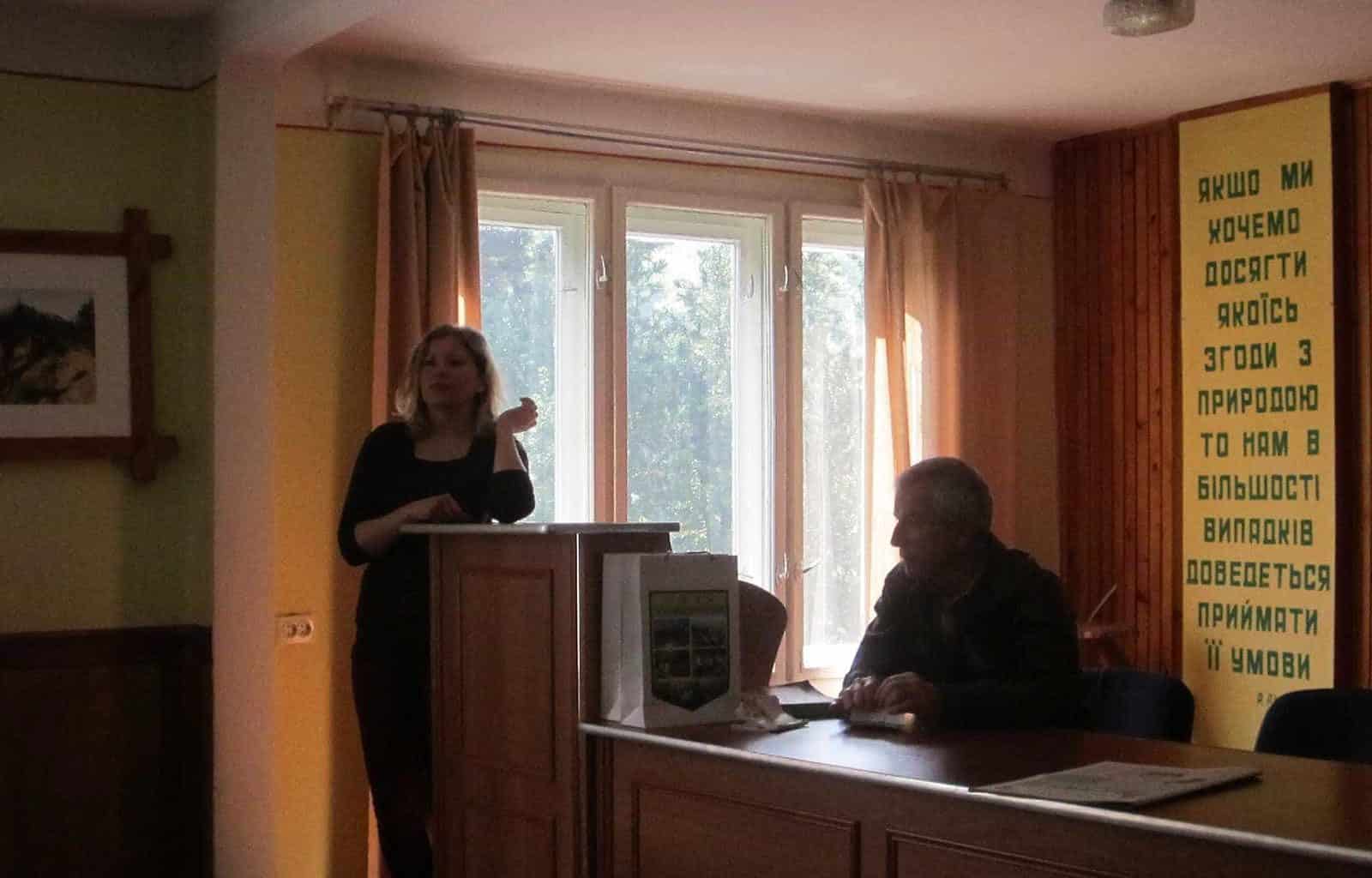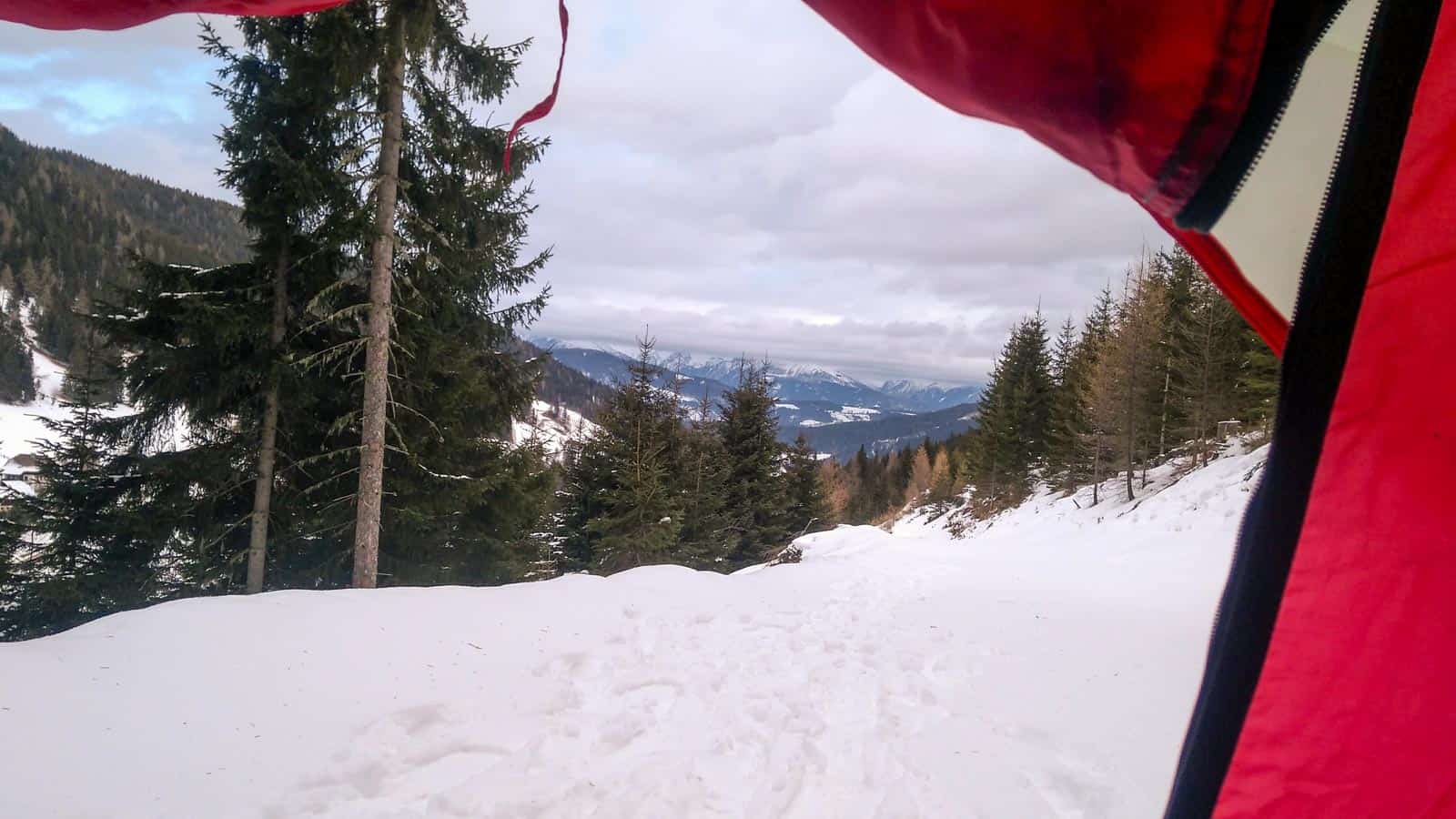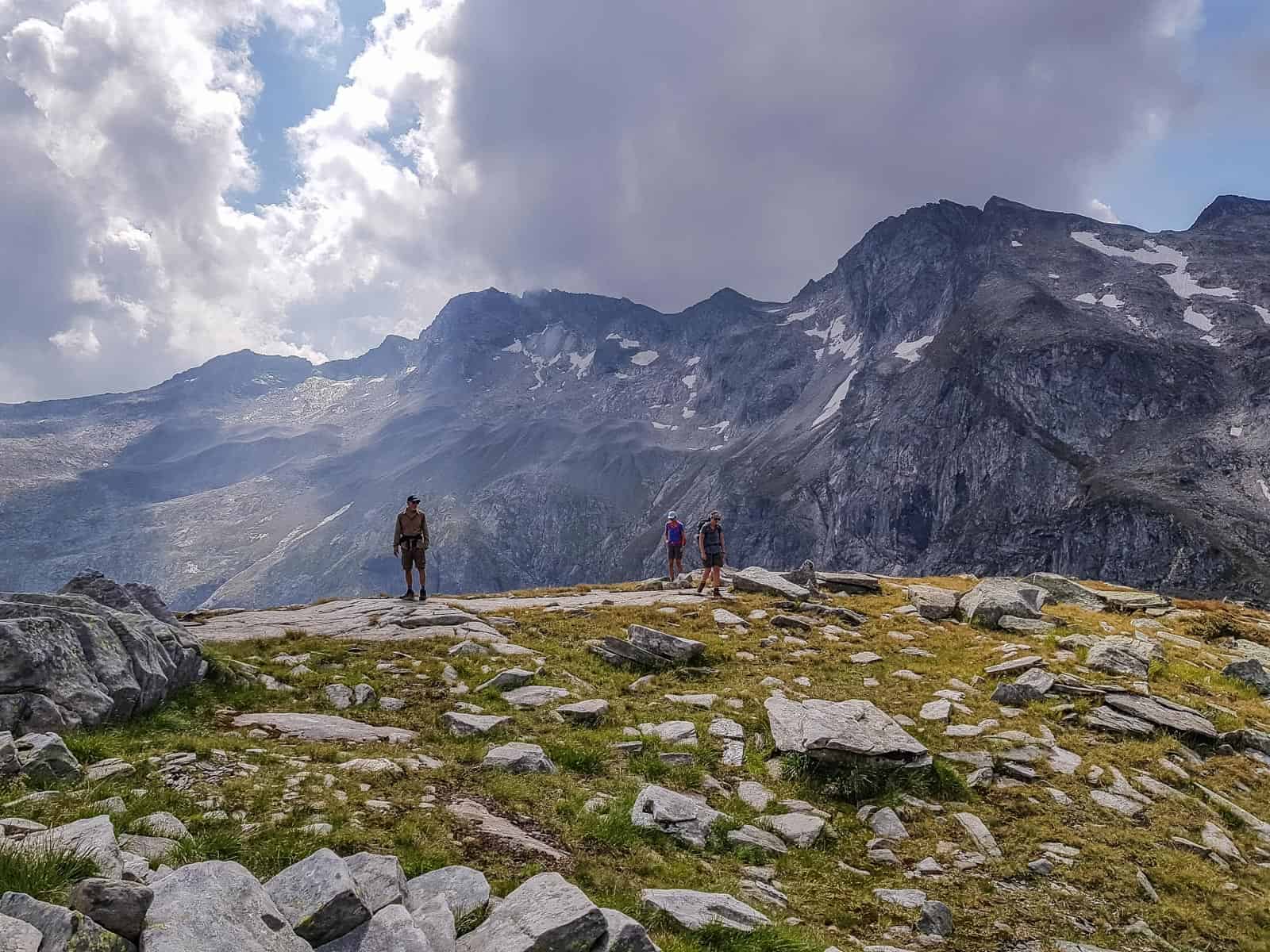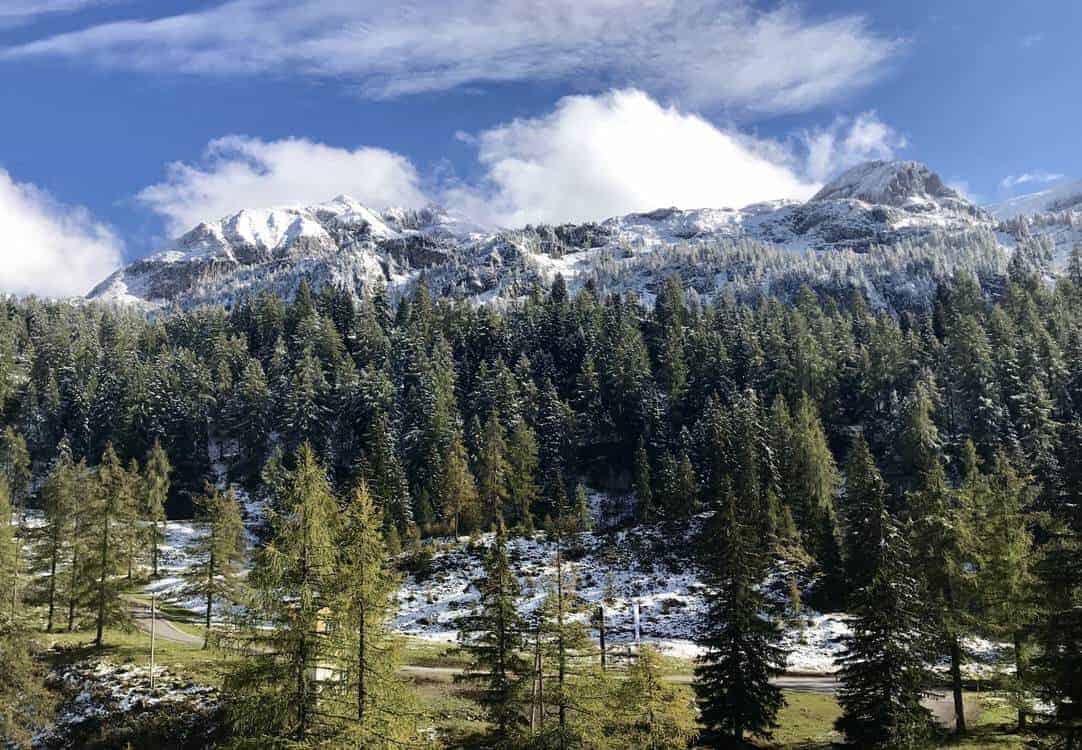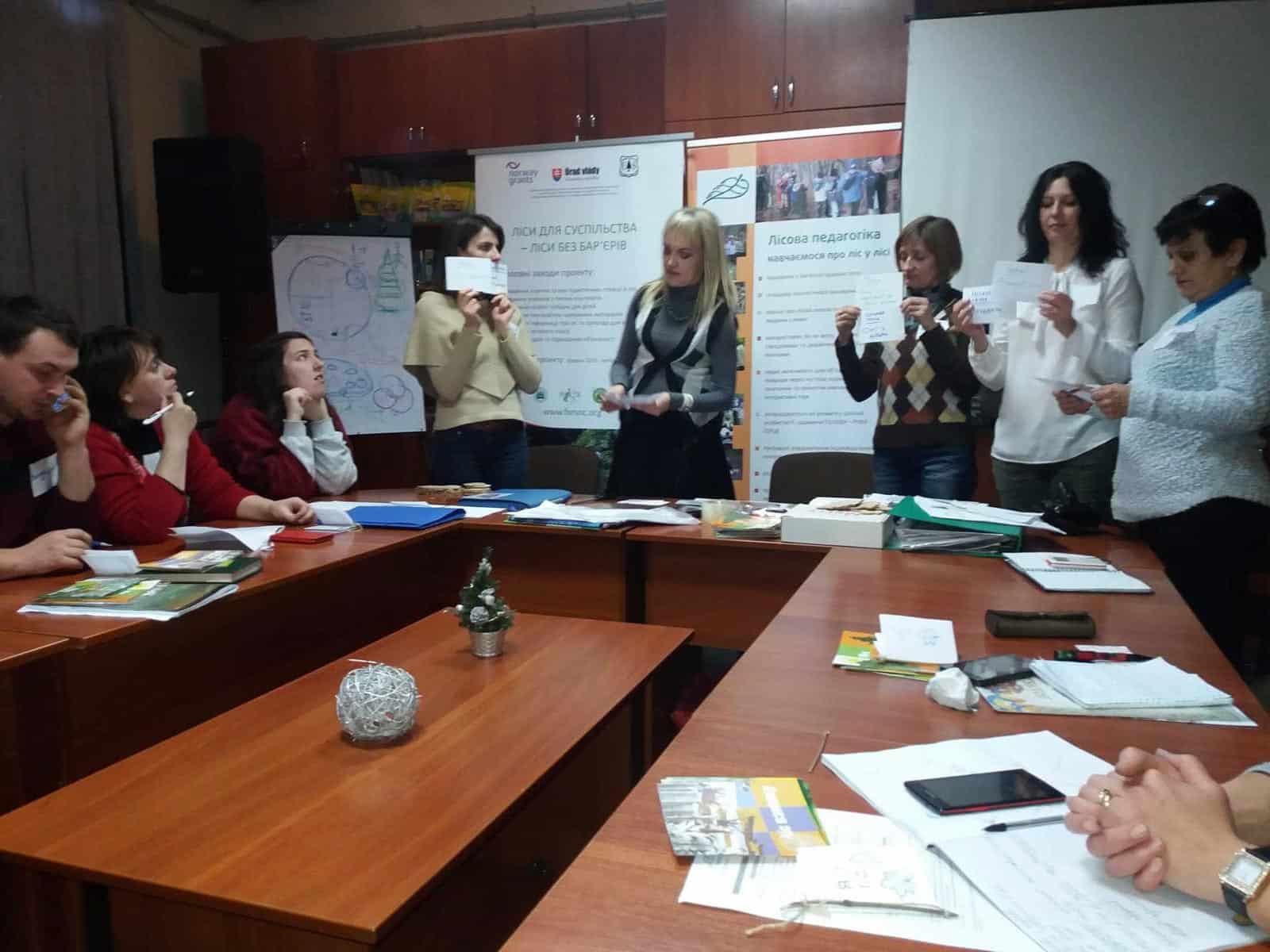Global eco-awakening – a rise in environmental concern
The COVID-19 pandemic has injected fuel in environmental awareness, so called the eco-awakening across the globe, new report has revealed. Nature is under threat: approximately 1 million species face extinction, many within a timeframe of decades. Humans are running out of time to take action and combat biodiversity loss. It would be easy to draw the conclusion that ordinary people do not care, they are turning away, that the much expected change is not coming. However, a recent report presented the opposite. The study was conducted by the Economist Intelligence Unit, commissioned by WWF and has shown that public awareness towards and concern for nature rose 16% in the last five years.
In occasion of today´s Natura 2000 day as well as the International Day for Biodiversity celebrated tomorrow on the 22nd of May, let’s explore how we can address this concern.
If people care, why is nature still under threat?
The survey report is titled “An eco-wakening: Measuring global awareness, engagement and action for nature”. It shows a 65% increase in digital activism via Twitter with mentions of nature and biodiversity increasing from 30 million to 50 million in the last four years. What has been clear is that people are more disconnected from nature than ever before. By 2050, almost 70% of the world’s population is expected to be living in cities. The below report examines what everyday people do to contribute to the protection of biodiversity. It explores how social engagement, awareness and action towards the topic of nature has developed over time. The findings show that a growing number of people are concerned about biodiversity loss. Millions of people are requesting big and bold actions for nature and humans. There is a momentum driven by millions that calls for change more than ever before.
At the same time, the rate of biodiversity loss is continuously accelerating. Therefore, there seems to be a gap between people’s growing concern related to biodiversity loss and enforcing legal action that can put and end to it. Why is this the case, and what can we do to bridge the gap between public concern and government action?
Natura 2000 – a chance for Europe
Protected areas connected in networks are the most important backbones of nature conservation in Europe. Among these is the Natura 2000 network. There is a big idea behind the Natura 2000 network, but the problem is, that there is often a lack of success on the practical level. This is due to insufficient management plans and intense pressure from other stakeholders, such as land users, infrastructure, agriculture and others. Additionally, there might be conflicts between the conservation of a protected species and the natural dynamics. Many practitioners often prioritise species-directed conservation over over natural changes.
The focus of the Natura 2000 network is to show the European diversity and to carry it into the future. But the lack of connectivity and ineffective management prevent it from being functional. To establish a strong and growing network, we need communication across national boundaries, cultures and disciplines.
This year must be a turning point for nature and biodiversity. Later in the year, world leaders are scheduled to negotiate a global framework for addressing the nature crisis. This new research from The Economist Intelligence Unit shows that people all over the world are concerned about nature loss and that concern is growing, and decision-makers should pay attention. The research shows that people care about nature and want businesses and governments to take action and make bold decisions to protect and restore biodiversity. We cannot miss this opportunity to transform our relationship with nature and secure an equitable, nature-positive and resilient future for all.

Wilderness, biological diversity and awareness raising
Biodiversity supports everything in nature that humans need for survival. It provides food, clean water, shelter as well as medicine. The term itself is a contraction of biological diversity and is shorthand for a combination of species diversity and species richness. Biodiversity also sustains individual livelihoods. Nature has been the basis for economic growth since eternity. Billions of people rely on nature to help them earn a living. However, how humans live right now is not sustainable. Estimates suggest we would require 1.6 Earths to maintain the world’s current living standards.
Wilderness helps to protect landscapes, habitats and species. Natura 2000 areas therefore must prioritise Wilderness and natural dynamics. They must be large enough to achieve true Wilderness. While many people are now using social platforms to actively speak up and campaign on behalf of nature, more needs to be done to help the general population make the connection between their lives and the health of the planet. Continued efforts to raise public awareness, particularly by political and social influencers and environmental communication and advocacy are crucial to mitigate the problem.


